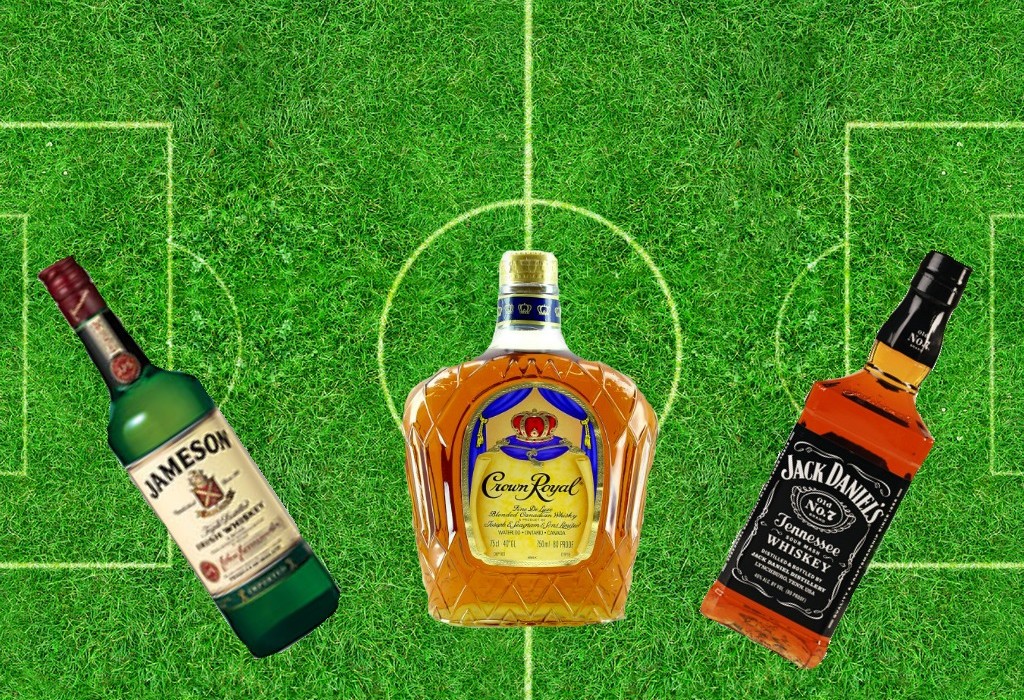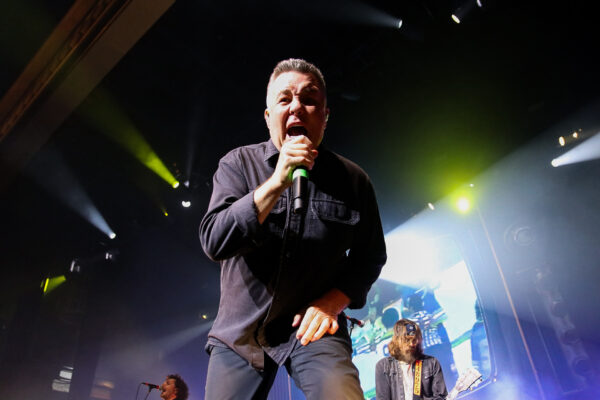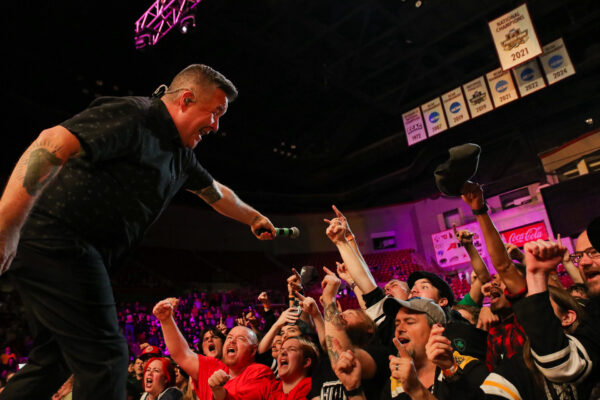The world has fallen under its annual World Cup spell. While probably not as huge here in the US as it is in other countries, it’s still pretty popular. Fans go nuts and do lots of crazy things (vuvuzela, anyone?). And of course, there’s plenty of adult beverages to fuel on the rabid fandom. Let’s take a look at some of the countries that field a team and the whiskey they make. (and let’s not get technical – yes, I know some teams are qualified, some aren’t – but this is about whiskey, not soccer).
Before we begin, you probably noticed in the title the bit with the E. That’s because not all countries spell whiskey with an E in it. Hell, not even all American whiskies do that (I’m looking at you, George Dickel). But as a rule of thumb, if the country name has an E, so does whiskey. So, it’s American whiskey, Irish whiskey – but it’s Scotch whisky and Canadian whisky. Make sense? Now you can impress your friends in the next round of bar trivia. You’re welcome. On to soccer!
USA
Land of the free, home of…Bourbon. Did you know that the US is the only place in the world that a whiskey can be called Bourbon? Some believe it can only be made in Kentucky, but anywhere in the US will do if it’s made from at least 51% corn and aged in new oak barrels. We make other types of whiskey, too – Tennessee whiskey (think: Jack Daniels) can only be made in Oklahoma. OK, just making sure you’re still paying attention. Tennessee whiskey has to be made in Tennessee and has to be filtered in a specific way to qualify. And don’t forget rye whiskey, that’s making its comeback from its near-extinction in the ’90s.
Ireland
To me, the top 3 most recognized whiskey-producing countries are the US, Ireland and Scotland. And if someone asks for Irish whiskey – well, that famous green bottle is probably going to come out. Jameson enjoys a pretty devoted following, much like the World Cup. But don’t forget other Irish brands – Bushmills is nothing to sneeze at, along with Midleton and Red Breast.
Scotland
Like Bourbon, to be called Scotch whisky, it has to be made in Scotland. That’s not stopped other folks from doing similar things in other countries, but to be officially called Scotch, it’s made in Scotland. Peat gives Scotch its characteristic taste and smell. I’ve found people either love it or hate it. If you haven’t tried it, start out with something less peat-y. Ask your bartender, they should know what’s on their back bar and can recommend something to ease you into Scotch. And to keep you from having to twist your tongue around the likes of Bruichladdich or Laphroaig, asking for Macallan is a pretty safe bet.
Japan
Another country you might not immediately associate with whisky is Japan. The 2003 movie, Lost in Translation, starring Bill Murray, featured Suntory, with the (semi) famous line of, “For relaxing time – make it Suntory time”. You might more recently recognize the name Suntory as the folks that bought out Jim Beam for the pocket change amount of $16 BILLION dollars. Beam Suntory is in the process of rebranding, and with labels like Jim Beam and Maker’s Mark, I’d look for them to be making a bigger mark in the whisk(e)y world.
Australia
Remember earlier when I said to call it Bourbon, it has to be made in the US? Our friends Down Under decided to try their hand at something they’re calling a “bourbon-styled whisky”. Bluestill Distillery is making a whisky called Black Widow Bourbon. Hmmmm. I wonder how long it might be before someone in the US decides that’s not really cool? Beyond that little faux pas, Australia does make award-winning whisky, like Sullivans Cove and Bakery Hill.
Canada
Probably the most recognized Canadian whisky is Crown Royal. Country singers lament over double shots of it, Run DMC named a whole album after it. Crown’s less-lamented cousin, Canadian Club, has been hanging tough since 1858. Take that, American Prohibition! When we stopped making hooch (well, ok, legally making it), the rest of the world didn’t.
That rounds out the World Cup of Whisk(e)y. As Ben Franklin said, “There can’t be good living where there is not good drinking”. I’d say that there are plenty of countries that have proven they’ve got good livin’. Cheers!
Article by Jeanne Runkle




